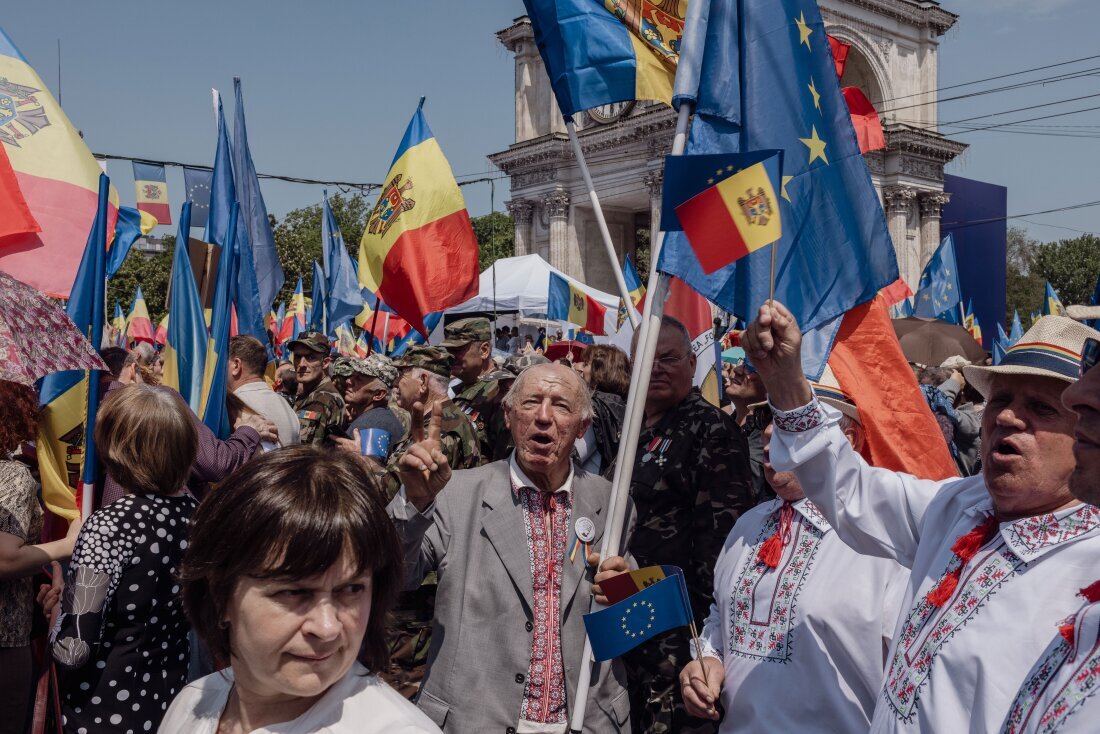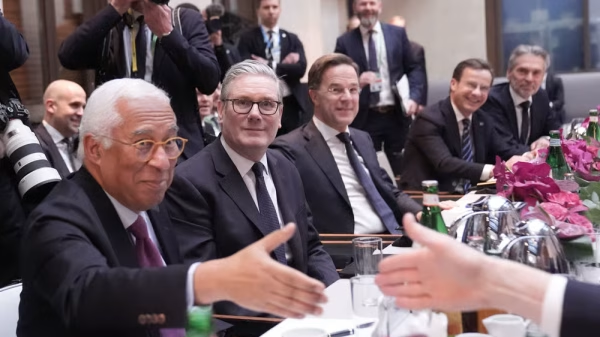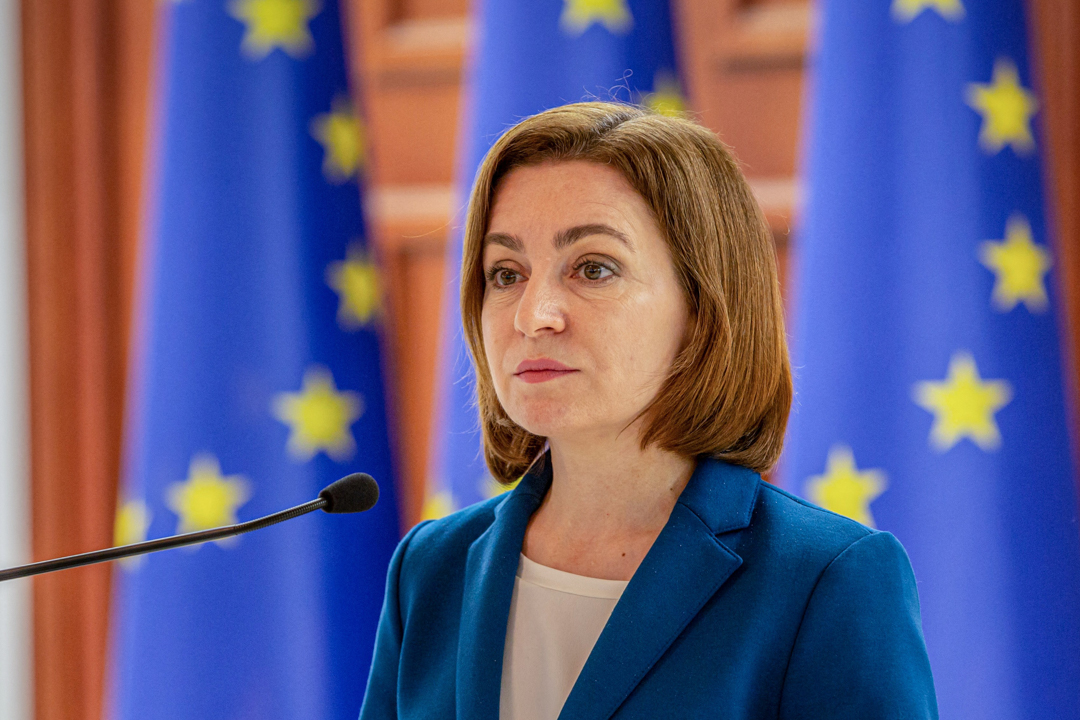Moldova is currently at a crossroads, facing an “unprecedented assault on our country’s freedom and democracy,” as described by President Maia Sandu. This statement came as the nation conducted a pivotal presidential election alongside a referendum on European Union membership.
With preliminary results showing a tight race, the political situation reflects the ongoing struggle between pro-European and pro-Russian influences in the small, landlocked nation of around 2.5 million people.
The referendum results so far indicate a majority against EU membership, with 53% of the votes cast in opposition. However, these numbers may shift as more ballots from the Moldovan diaspora—generally more favorable to EU integration—are counted.
In the presidential race, Sandu led the first round with approximately 38% of the vote and is set to face Alexandr Stoianoglo, a former prosecutor aligned with pro-Russian forces, in a runoff election. This dual electoral process is seen as a crucial test for Sandu’s pro-European agenda and a reflection of the citizens’ sentiments toward EU accession.

Moldova Faces Pivotal Elections Amid Struggles for Democracy and EU Membership Against Pro-Russian Forces
Despite Sandu’s push for EU integration, the early results are disappointing for her supporters, especially given pre-election polls that indicated a strong lead for her and significant public backing for joining the EU.
This disconnect suggests a deeper challenge for Sandu in rallying popular support behind her policies. Since taking office in November 2020, Sandu has campaigned on an anti-corruption platform and a commitment to align Moldova more closely with Western Europe.
The elections were marred by allegations of interference from foreign actors, particularly from Russia, which Moldovan authorities claim orchestrated a “hybrid war” to undermine the electoral process.
Sandu accused “criminal groups” of attempting to disrupt democracy, while government officials alleged that pro-Kremlin factions engaged in disinformation campaigns and voter manipulation tactics, including bribery schemes led by fugitive businessman Ilan Shor, a vocal opponent of EU membership.
Moldova’s application for EU membership was motivated by the geopolitical shift following Russia’s invasion of Ukraine, leading to increased urgency in its aspirations for European integration. While the country officially began EU accession negotiations in June, skepticism remains regarding its ability to implement necessary democratic reforms.
As Sandu braces for a challenging runoff against Stoianoglo, who has dismissed the referendum as a ploy for political gain, the outcome of these elections will play a critical role in determining Moldova’s future direction and Sandu’s political viability.











































